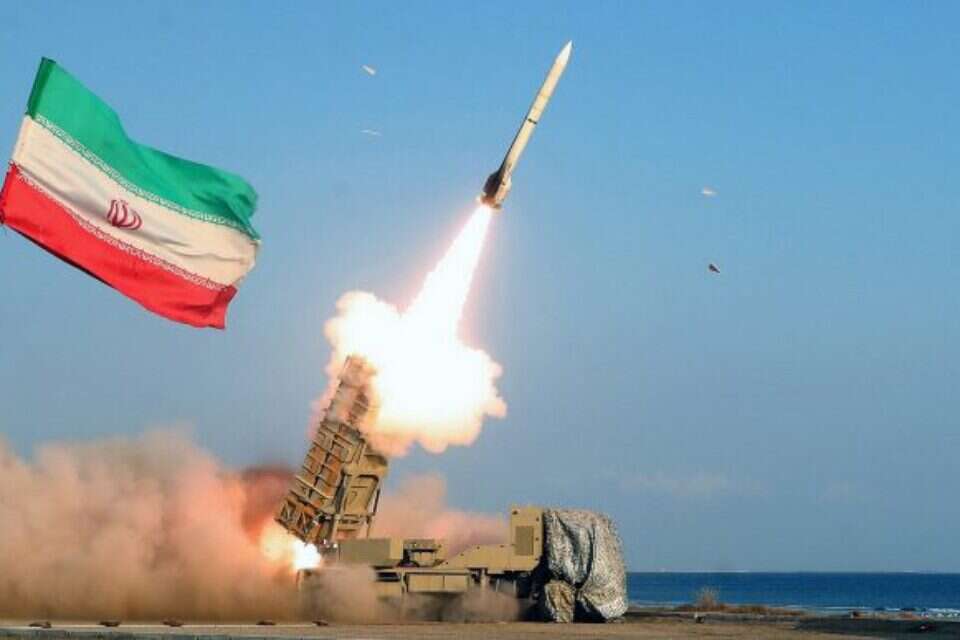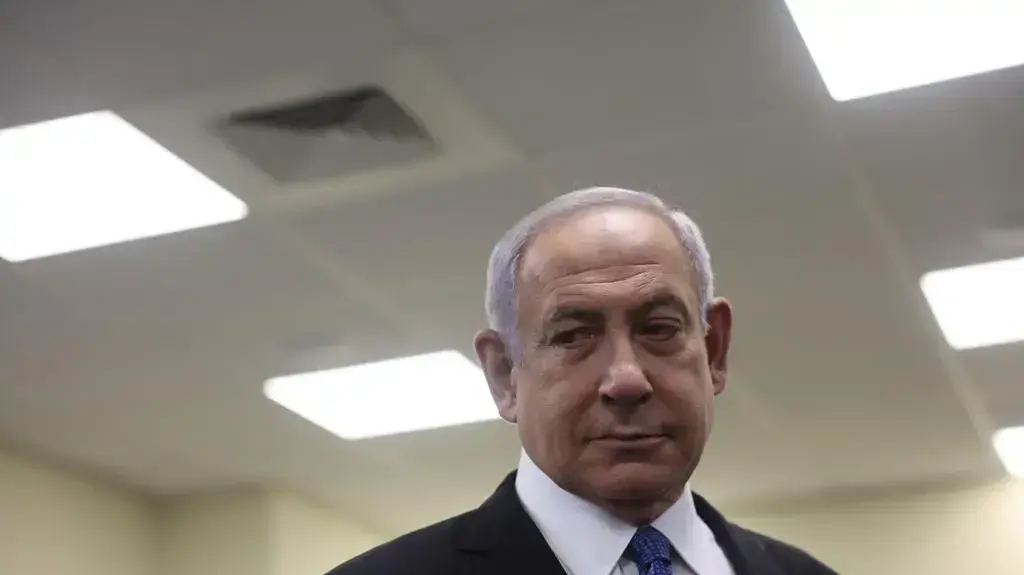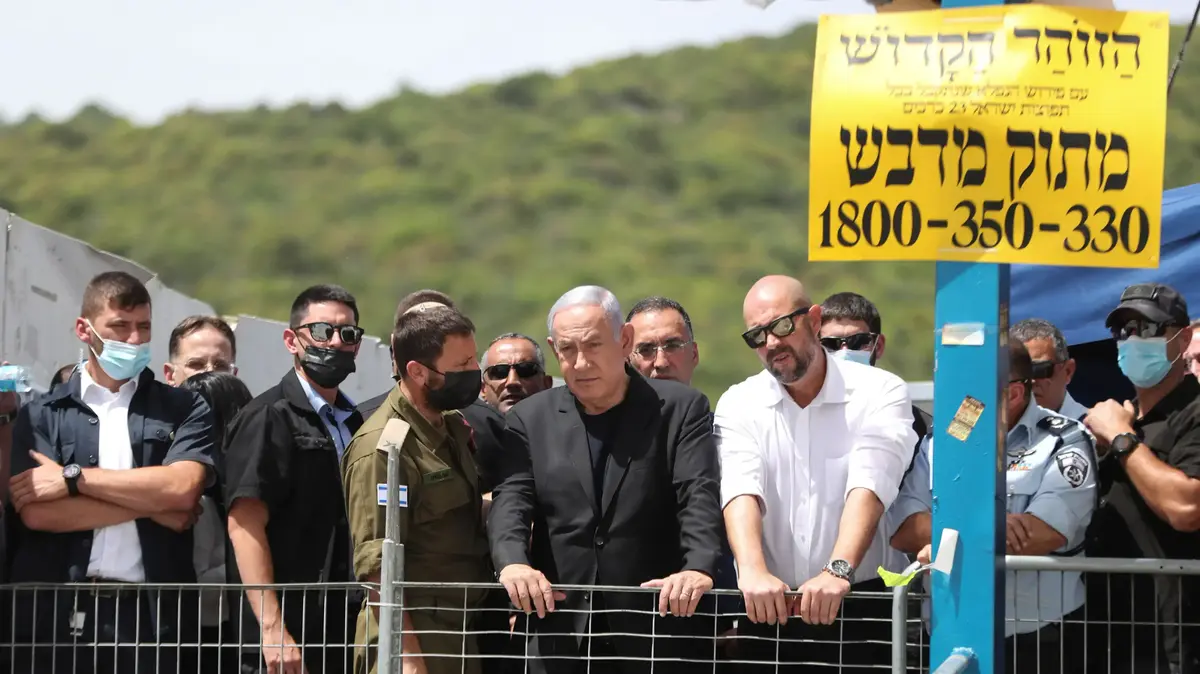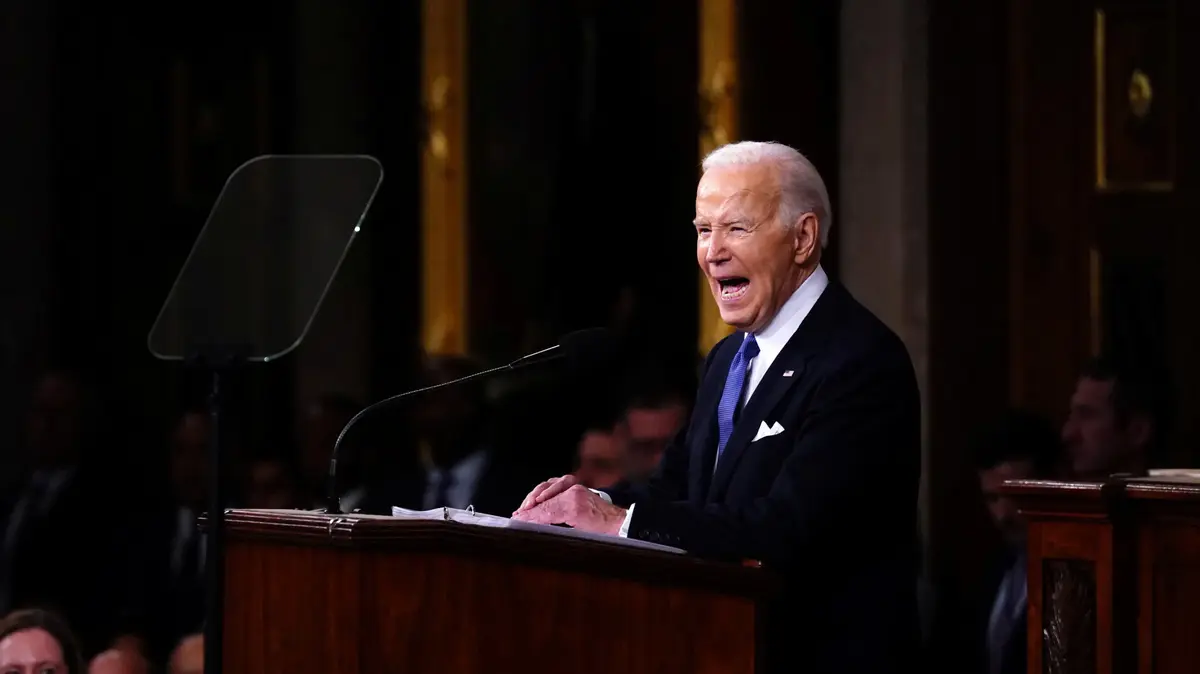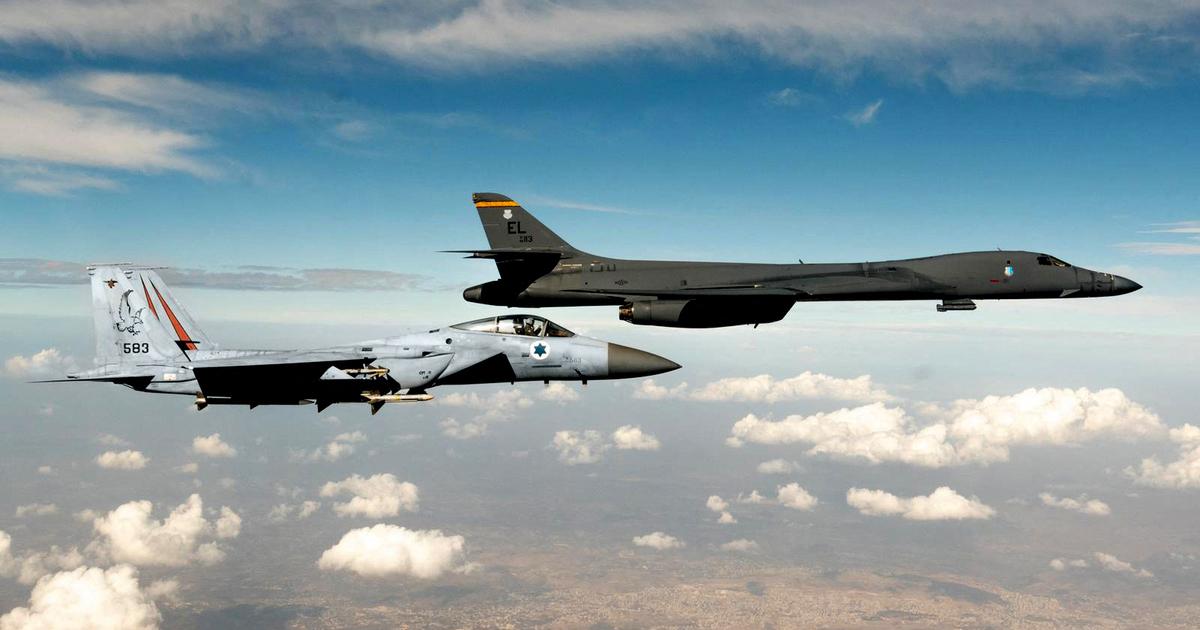Prime Minister Netanyahu presented his new government about two weeks before Major General Herzi Halevi entered the office of the Chief of Staff. The meeting between them will take place against a background of complex challenges and at the end of a political crisis.
Decades since the establishment of the state, Israel does not have an updated and approved, official security concept.
Attempts have been made in the past to formulate and confirm a concept, but the last confirmed concept is still the Ben-Gurion document from 1953.
Now, Netanyahu will have the ability to realize his security concept that he formulated himself in 2018.
Three major issues are expected to occupy Netanyahu in the upcoming term - Iran and the Iranian nuclear program;
its support for Hezbollah, Hamas, Islamic Jihad and the development of precision weapons;
and the expansion of the Abraham agreements through normalization with Saudi Arabia.
The fight against Iranian aid to Hezbollah and Hamas will be a major challenge for the Netanyahu government, the Revolutionary Guards (for illustration), photo: AP
The main issue awaiting the Prime Minister and his government is of course the Iranian threat, which includes the worsening of the nuclear threat, with an emphasis on the development of the weapons system, the alarming rapprochement between Iran and Russia alongside the fighting in Ukraine and the riots in Iran.
Israel would love to see a good and comprehensive agreement that would disable Iran's ability to reach a nuclear weapon, permanently and by all means, but since this is not going to happen, Israel must prepare for a comprehensive and broad campaign against Iran in the coming years.
To this end, the main development and equipping efforts of the IDF and the Mossad must be directed. The incoming government must make efforts so that Israel is not alone in the campaign, but it must also prepare for such a situation.
At the same time, Israel must continue the effort to weaken the Iranian government, on all fronts, including supporting the riots, which are perhaps the first opportunity since the overthrow of the Shah to change the regime in Iran.
The activity must include all possible types of support in the struggle, on the economic, intelligence, operative and practical levels.
New Testament?
Putin and Raisi (archive), photo: Reuters
The threat of precision weapons and the violation of the red lines established by Israel in Syria and Lebanon are immediately after the nuclear threat, and in third place is the continued potential for deterioration in Gaza and Yosh.
Alongside these challenges, the government will be required to face challenges arising from the changes in the US since the elections and towards the 2024 elections, and from the ongoing and escalating inter-power tensions between the US and China (including Taiwan) and Russia.
The disappointment of the "Abraham Accords" countries from the failed American handling of Iran, along with their expectations from Netanyahu to continue their partnership in this struggle, which was a major catalyst for the signing of the agreements, will take up a significant portion of the time of the Prime Minister and his ministers (mainly Minister Dermer) and the MLA, along with the ambition to expand the agreements, especially with Saudi Arabia.
The potential of the partnership with Iran was not realized as hoped, the signing of the Abraham Accords in 2020 (archive), photo: IPA
There is nothing new in Ramallah
In the Palestinian arena, no revolution is expected in the progress towards some kind of settlement with the Palestinian Authority, but not because of the composition of the coalition.
On the other side, there is simply no partner for negotiations, which basically includes recognition of the right of Jewish and democratic Israel to live in peace within any borders (to be determined in the negotiations).
In Gaza the situation is even less optimistic.
The leaders of Hamas and Jihad control the power of arms and fear and have no motivation to reach a solution that actually means the loss of their governance, so the question is not if there will be another conflict, but only when it will happen.
The goal on this front is to keep the peace as much as possible, and prepare for the next round with tools that will make it possible to hit Hamas and its leaders, a blow that will take away from them the desire to reach the next confrontation for a long time.
Egypt and Jordan play a central role in shaping the regional situation.
The peace agreements, which have survived several upheavals, are important to both sides.
Egypt has become a key partner for Israel and the good relations between Netanyahu and al-Sisi will serve as a bridge between the disputes, and not only with Egyptians.
Egypt and Jordan have a central role in shaping the region in the coming years, President Herzog with al-Sisi and the UN Secretary General (archive), photo: Haim Tzach/L.A.M.
In Jordan the situation is more delicate in light of the internal situation.
The challenge to preserve and expand the alliance between the countries will not be easy.
The commentators who emphasize the tensions between the king and Netanyahu simply do not read the whole picture.
The king understands his situation and the importance of relations with Israel, as does Prime Minister Netanyahu, so it is likely that relations will return to a stable state. The treatment of the Temple Mount and the daily coexistence between religions will continue to be the center of the potential for warming (literally). At the same time, Israel must not move to the agenda for extraordinary statements by senior Jordanian officials.
An issue that was mistakenly relegated to the corner, is the need for a completely new strategic positioning of Israel in the world media and a root treatment of the Israeli PR problem.
Dismantling and rebuilding of the entire system, which is erroneously referred to as the "information system", is required.
If Israel has to "explain" it is already starting from a bad starting position.
This complex also includes the legal war in the ICC and the BDS.
The government will be required to improve relations with the AA and the UN, which are in a "light deficit", along with a careful examination of the relations with Turkey, which is changing before our eyes.
Even from home there are challenges
Along with the security and foreign challenges, the new government will also face internal security challenges.
Calming the divisions in Israeli society, the tensions with the Arab and Bedouin population and parts of the Druze population, the governance challenges in the south and the north, dealing with crime and violence and more.
The concept of security formulated by Netanyahu in 2018 is based on the fact that the weak in the Middle East cannot survive.
Therefore, Israel must fortify its strength and relative advantage, deal with the inherent asymmetry vis-à-vis its close enemies and strengthen the relationship with its friends, with an emphasis on the alliance with the US, which Minister Dermer will probably also deal with.
The concept is based on four legs of power: military, economic, political and social.
The concept includes an in-depth analysis of the expected threat, the attribution outline, and the principles of force building and its operation.
The concept must serve as guidelines for the political level and as a compass for the military level.
New key points in the concept, which have been approved for publication, include a continuous and ongoing threat to the home front, the formation of an alarming mass of precision weapons and the possibility (which must be prevented at all costs) of the appearance of nuclear capability in enemy countries.
The principles of the exercise of force include, of course, lack of immunity for Israel's attackers, but
also for their senders,
and readiness for painful damage to national infrastructures and dual assets, in the countries from which we attack, for the purpose of shortening the fighting, along with readiness for continuous air defense.
Along with continuing to deal with nuclear and third circle threats and precision weapons, which lead to the disproportionate investment in intelligence and the air force, the IDF is also required to build a significant force on land and a substantial maneuverability, which will include protection of the maneuvering forces. At sea, the main force to be built is for the protection of the rigs and for strategic needs.
The protection of the civilian population (passive and active) will continue over a multi-year period, which will include the completion of physical and technological obstacles at all borders.
Israel must remain a global cyber power, in all dimensions, and develop human and technological capacity to ensure this.
The anti-aircraft missile system will remain a central tool and will expand to additional capabilities. The capability originally built as part of the fight against Iran, converted to prevent the increase in precision weapons, will also be applied to other needs.
Many challenges face him, the designated Chief of Staff, Herzi Halevi (archive), photo: IDF spokesman
The Chief of Staff will be forced to face a host of challenges as the economic pressures on the defense budget are expected to intensify. Everyone is aware of the need for a significant increase in the defense budget and a stable budget, but the fight against the other ministries is expected to be stormy.
The Chief of Staff will be forced to deal with the personnel crisis in the IDF as soon as possible, which stems from fundamental failures in the permanent model established at the time as part of the "Kahlon-Yaalon" agreement.
For example, the poor handling of the technological personnel that leads to serious problems in retaining the outstanding ones, alongside the "illusory release" of leading technological officers at the age of 42 and at the peak of their strength, despite their desire to continue in the service.
were we wrong
We will fix it!
If you found an error in the article, we would appreciate it if you shared it with us

